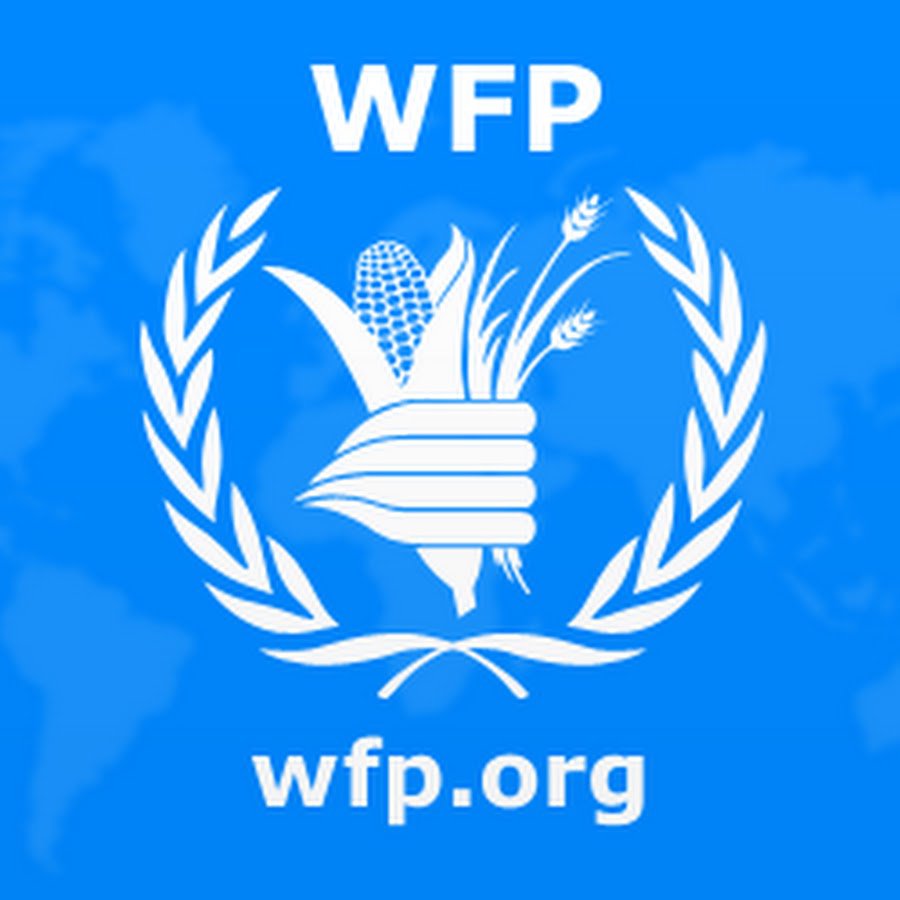Needs assessment revisited
There have been substantial developments in the humanitarian sector since HPG produced its 2003 report on needs assessment. Agencies and donors alike have increasingly concerned themselves with the issue of assessment and evidence-based responses, in part a response to growing pressure for accountability and for demonstrably impartial resource allocation.
This study builds on the 2003 work, taking account of subsequent developments and examining initiatives designed to strengthen the evidence base on which response decisions are founded. It will consider both methodological advances in specific sectors and developments in the overall process of assessment, and will review situations (such as that in Niger) where the existing system appeared to fail. The purpose is to gauge what progress has been made and what remains to be done, both in assessing needs and in agreeing collective agendas for response – with a view to identifying current best practice and critical gaps. This study links with current HPG work on Good Humanitarian Donorship (GHD) and specifically with the proposed study on operational consequences of humanitarian reform.
Key research questions:
- To what extent do recent developments in needs assessment methodology and process provide a stronger evidence base for response decisions? What has been their effect in practice on resource allocation decisions?
- Is there a negative trade-off between collaborative assessment processes and (i) methodological rigour and (ii) independence of judgement? Do the benefits outweigh the disadvantages?
- Various analytical processes can be subsumed under the heading of ‘assessment’: early warning, vulnerability and risk analysis, nutrition and mortality surveys, needs assessment, surveillance, monitoring and impact assessment. How do these processes relate conceptually and in practice?
- Do current processes provide a basis for collective agenda-setting? Do they provide an effective basis for countering the political or institutional biases that may distort needs analysis?
